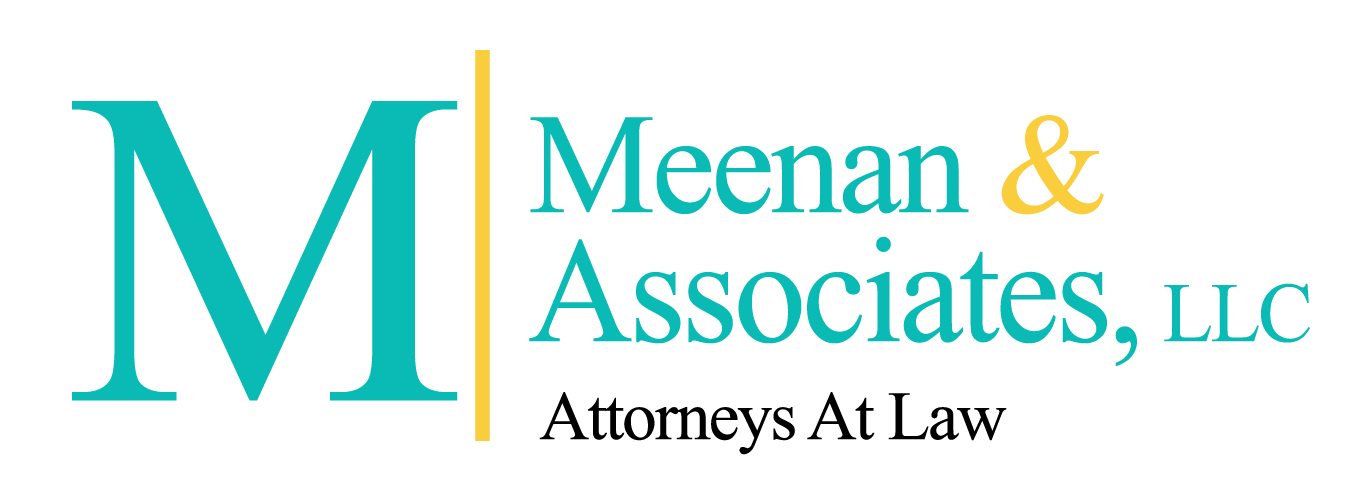Remote Witnessing of Wills, Powers of Attorney and Health Care Proxies
Governor Cuomo issued an Executive Order allowing for the remote witnessing of estate planning documents such as wills, trusts, deeds, powers of attorney, appointment of agent to control disposition of remains, and health care proxies during the COVID-19 pandemic. Previously, the applicable laws required that execution of these documents must be witnessed in-person by two witnesses. The Executive Order allows the witnessing of a will and related estate planning documents remotely via video technology, only if the following conditions are met:
- The signing party must show a valid photo ID to the witnesses during the video conference (unless the witnesses personally know the signing party);
- Pre-recorded videos of the signing party executing the document(s) are not allowed. The witnesses must be present on the video call when the signing party executes the estate planning documents;
- The witnesses have to be provided legible copies of the signature pages on the same date of signing;
- The signature pages can be transmitted to the witnesses by fax or electronic means;
- The witnesses may sign as a witness then transmit the signature page back to the signing party; and
- If the witnesses receive the original signature page and the electronically witnessed copies within 30 days of the execution, the witnesses can sign the original signature page as of the date of execution.
Standby Guardianship Designation for Health Care Workers
In addition, the Executive Order expands the categories of people who can designate standby guardians to care for their children to include people who reasonably believe they have been exposed to COVID-19 or work in a health care facility.
SCPA § 1726 permits a parent or legal equivalent to designate a “standby guardian” to care for a minor child in the event the parent dies, becomes incapacitated, becomes debilitated and consents, or is subject to “administrative separation” (effectively, immigration proceedings that could render the parent unable to care for the child).
Previously, the circumstances under which a parent could seek judicial appointment of a standby guardian were limited to situations where a parent suffers from a progressively chronic or irreversibly fatal illness, or were at risk of arrest, deportation or the like due to immigration issues. The Executive Order has modified the law to allow a designation of guardian by a parent or legal equivalent who works or volunteers in a health care facility, or who otherwise reasonably believes they may be exposed to COVID-19.


